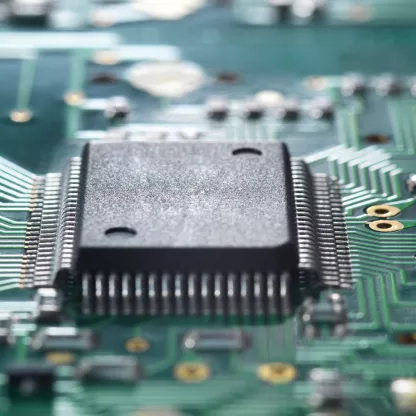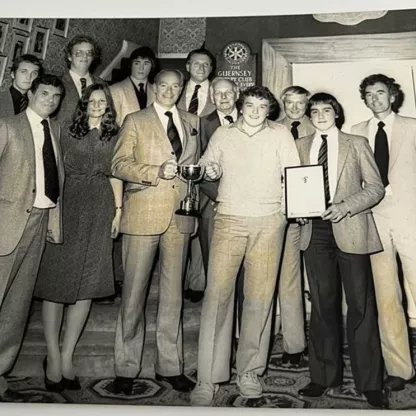The honeymoon for US tech giants may be over, but is it time to break up? Chief investment officer Julian Chillingworth discusses the intensifying antitrust scrutiny of America’s tech titans and how their future may rest on political machinations.

Time to break up?
Just like other life-transforming technologies of the past, today’s tech giants are making that inevitable transformation from fresh young face of innovation to overgrown, mistrusted hulk. Telltale wrinkles appeared in May amid reports that US antitrust bodies would be investigating Alphabet, Apple, Amazon and Facebook’s competitive practices for possible violations.
Their share prices took a hit as investors feared a growth-busting breakup of these behemoths. So should you be concerned about exposure to these tech giants in client portfolios?
We’ve been talking about this inevitable development in our InvestmentInsights publication over the past year, in a series called ‘The great tech breakup’. First we looked at the history of antitrust in America, and that didn’t suggest bust-ups of the big US tech firms were imminent; or the end of the road for these businesses even if breakups did come. But we don’t doubt that they’ll see more volatility in the short term.
The taste of freedom
A century ago America was waking up to the tremendous freedom and opportunity provided by the internal combustion engine. Oil was the lifeblood of the new economy of the 20th century, and increasingly controlled by John D Rockefeller’s Standard Oil.
Today social media and the internet are radically changing how we communicate, transact and live. Today’s quality data is pivotal and increasingly concentrated in the hands of a few tech giants. Standard Oil was found to be abusing its power, and was split up by the government in 1911 after taking its case all the way to the Supreme Court. They broke it up to ensure competition reigned supreme in America. Could the same happen with today’s tech titans?
First we need to ask, why does new technology eventually attract the controlling gaze of state regulators? There’s a tipping point where a luxurious new gadget or service becomes so ubiquitous that it’s seen as a de facto right. There was a time — not so long ago — when indoor plumbing or electricity were beyond the reach of many Americans and Britons. Now it’s unthinkable to let a home or office be without them. Should we now add internet access to that list of required amenities?
The trouble is, today’s high-tech businesses, with their complexity of design, operation and business models, make antitrust law — which is always evolving and depends ultimately on the view of the Supreme Court — difficult to apply. That’s something we explored in part two of ‘The great tech breakup’. In more recent antitrust history, Microsoft continually clashed with the government. It eventually settled in 2001, and agreed to be more open with its software and coding in return for remaining intact as a business. It then languished in the doldrums for a decade before re-emerging as a tech giant once again.
Even if one or more of Microsoft’s younger rivals are broken up, there is hope for investors that the sum of the parts may be worth more than the whole. When Standard Oil was split into Exxon, Mobil and Chevron, the combined growth of these businesses easily eclipsed their predecessor. You could say it was win-win: Mr Rockefeller got richer and America got a free and competitive oil market.
For antitrust breakups to happen two things are required: the government has to push for it and the Supreme Court has to have a sympathetic ear. America’s top court is the final arbiter of antitrust law, as we noted in the conclusion of ‘The great tech breakup’. President Donald Trump has been vocal about wanting to rein in tech companies. But the court has tacked significantly to the right after Trump’s appointment of Neil Gorsuch and Brett Kavanaugh.
Will US tech giants survive the coming years unscathed? That depends on political machinations, both at home and abroad, and the economic beliefs of two greenhorn Supreme Court Justices. Some new technology may come along to eclipse them, but we doubt they’ll be going extinct any time soon.








